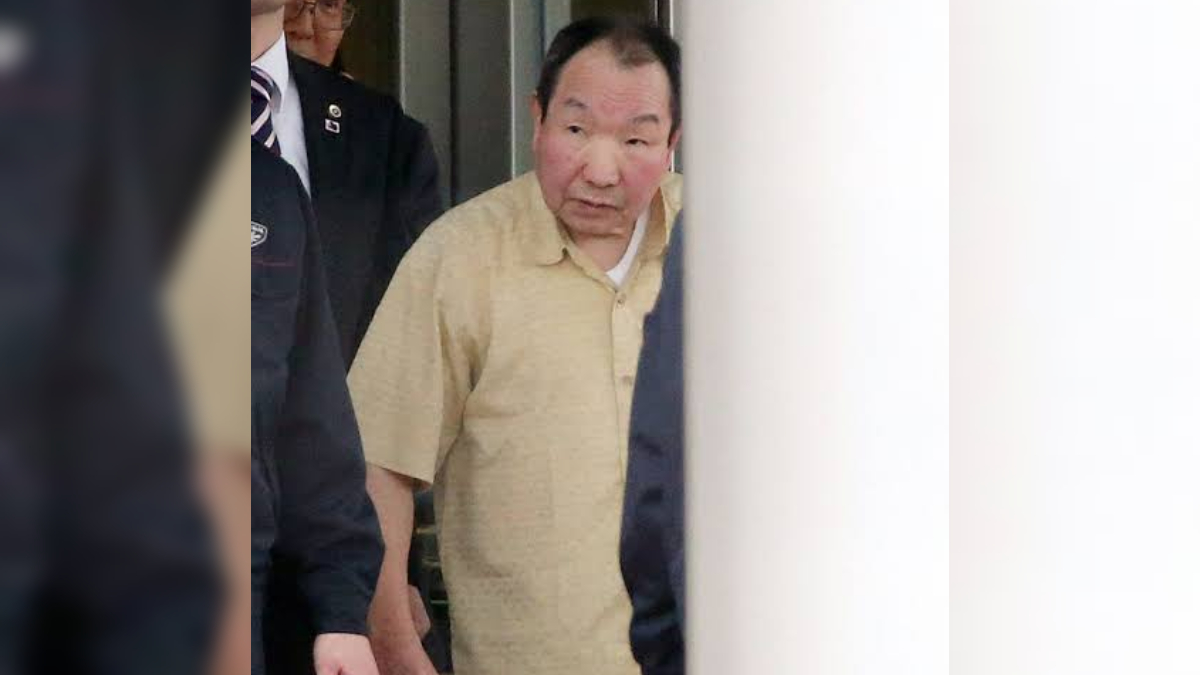Iwao Hakamada, an 88-year-old Japanese man, was acquitted of murder by a Shizuoka district court on Thursday, nearly six decades after his wrongful conviction. Hakamada, believed to have spent the longest time on death row globally, had been convicted in 1968 for the 1966 murders of his former boss and the man’s family, despite retracting an initial confession.
The acquittal marks a significant victory for Hakamada and his family, particularly his sister, Hideko Hakamada, who has fought tirelessly for his exoneration. “When I heard ‘not guilty,’ I couldn’t stop crying,” she said in a televised briefing, reflecting on her brother’s long struggle for justice.
Hakamada spent 45 years on death row until his release in 2014, when a court ordered a retrial due to doubts about the evidence. His lawyers presented DNA test results showing the bloodstained clothing linked to the crime did not match Hakamada’s blood.
Rights organizations, including Amnesty International, praised the court’s decision. “This verdict is an important recognition of the profound injustice he endured for most of his life,” Amnesty said in a statement, calling the exoneration a “pivotal moment for justice” and urging Japan to abolish the death penalty.
The Japanese government has yet to comment on the case, with Chief Cabinet Secretary Yoshimasa Hayashi declining to address individual rulings.






